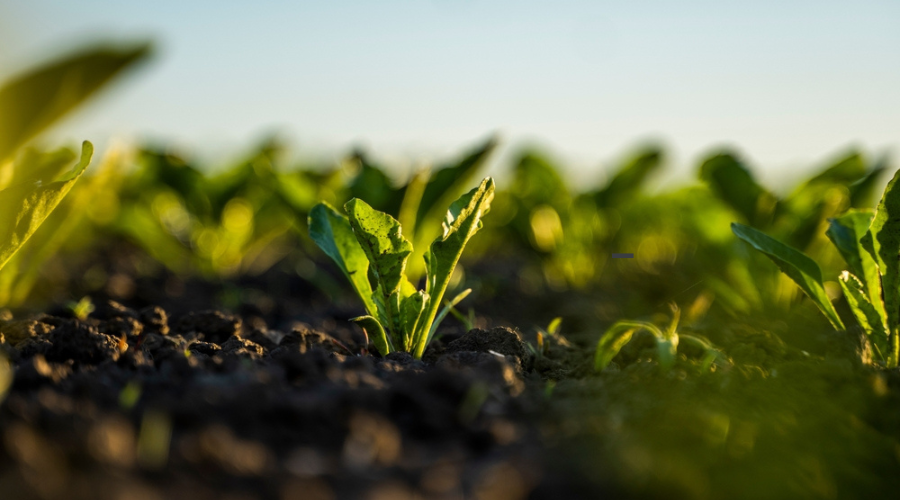Emergency approval granted to use prohibited neonicotinoid on 2024 sugar beet crop
19th January 2024
Sugar beet farmers have been conditionally granted an emergency authorisation to use Cruiser SB to protect their beets against virus yellows.

In 2018, Defra supported new rules that prohibit the outdoor use of three neonicotinoids: clothianidin, imidacloprid, and thiamethoxam. In taking that position, the government made it clear that it could consider emergency authorisations in special circumstances.
On 18th January the UK’s farming minister, Mark Spencer, approved the emergency authorisation for the use of Cruiser SB, which contains the neonicotinoid thiamethoxam, for the treatment of sugar beet seed in 2024. This is in recognition of the potential danger posed to this year’s crop by virus yellows.
Harmful to species
Cruiser SB is a coating for sugar beet seeds that contains the active substance thiamethoxam. This chemical, and its breakdown product clothianidin, are neonicotinoid pesticides. Neonicotinoids are harmful to species other than those they are intended to control, particularly to pollinators such as bees, which are crucial for maintaining the health of our environment and food systems.
The chemicals can remain active in soil for years, making their way into streams and rivers. Cruiser SB has already been banned in the EU due to those concerns. However, the continuing threat from the devastating beet disease has prompted the UK government to make this move, which aims to protect the industry that supplies more than half of the UK’s sugar and sustains thousands of jobs.
Virus yellows disease appears in the fields as circular yellow patches. The outer leaves of infected plants are yellow between the veins, and the leaves become thicker and brittle. The disease has been affecting sugar beets since the 70s, causing severe yield losses and forcing many growers to stop cultivation.
Important move

Dan Green, agriculture director for British Sugar, which made the joint application with the National Farmers’ Union (NFU), called Defra’s move “an important decision” which, if it is needed, will enable the UK’s sugar beet growers to protect their 2024 crops from virus yellows disease, while work continues on finding a long-term solution to the problem.
He added: “The seed treatment will only be used if a predetermined, independent threshold is met in March. Any use of the seed treatment is subject to strict controls, including: a bare minimum amount is to be used, there is a restriction on flowering crops being planted in the same field following seed-treated sugar beet, and growers must take part in knowledge exchange programmes.”
Mr Green added that growers must also follow a strict stewardship programme to ensure best practice and that the conditions of the emergency authorisation are met on farm. In addition, the industry has jointly funded residue monitoring over the past couple of years.
Deathblow for wildlife
Barnaby Coupe, land use policy manager at The Wildlife Trusts, said that the farming minister’s decision to authorise the use of a banned neonicotinoid pesticide on sugar beet for the fourth year in a row is “a deathblow for wildlife”, a backwards step in evidence-based decision-making, and a betrayal of farmers who are producing food sustainably.
He added: “It is entirely possible to produce food in a way that helps rather than harms nature – and UK farmers know that the use of this chemical is not a long-term solution.”
Emergency authorisation is established by Article 53 of Regulation (EC) No. 1107/2009 as retained in UK law.
This allows the short-term emergency authorisation for a specific use of a plant protection product that is not otherwise permitted, providing that, on the facts of the particular case, all of the following tests are met:
- there must be a danger.
- there must be special circumstances which make it appropriate to derogate from the standard approach to authorisations.
- the danger must not be capable of being contained by any other reasonable means an emergency authorisation must appear necessary because of that danger.
- an emergency authorisation may allow only limited and controlled use of the plant protection product.
Read more sugar beet articles here.


